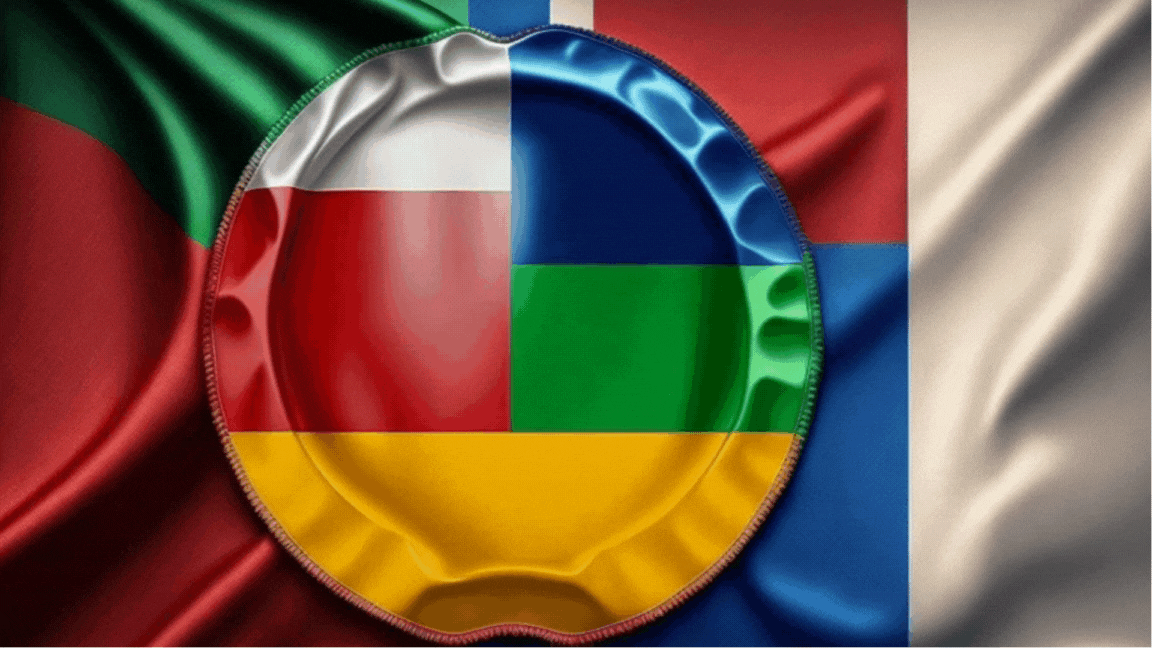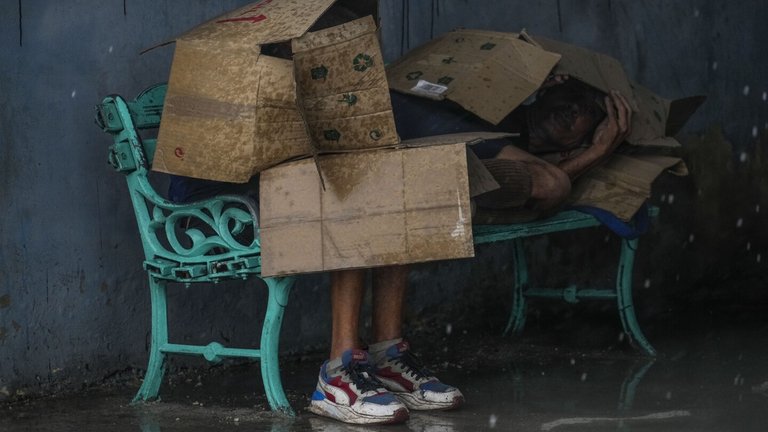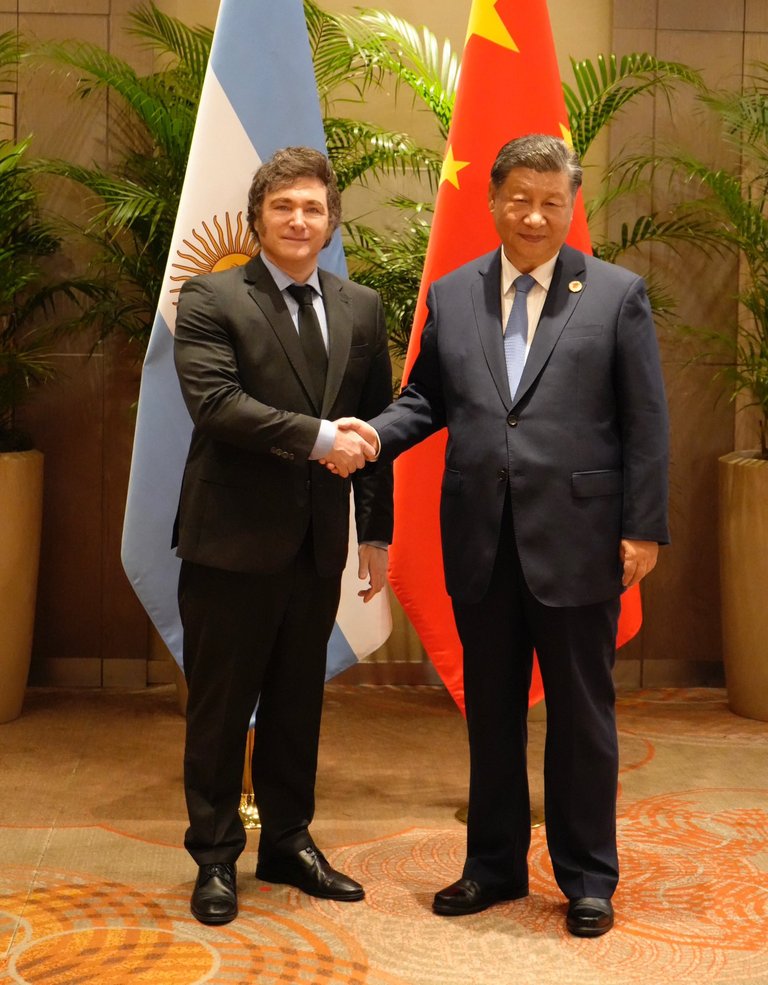
Reisel is a colleague, a Cuban University of Informatic Sciences graduate, where I also studied and still work, who has been based in Chile for a few years. Yesterday, while surfing LinkedIn, I read an update from him, in which he informed about his participation as a judge in a global hackathon coordinated by Microsoft. Like other former fellow students such as Paúl, based in Bulgaria—whom I call Goldy, after the American baseball player Paul Goldsmith—and Leonel, based in Uruguay—whom I call Lionel, after Lionel Richie—, Reisel writes and speaks perfect English, proficiently. They all left here with that lesson learned. Another colleague, Yoandy, a competent professional in everything related to the open-source world, has become an influencer talking about Spring Boot and microservices management. Israel, whom his friends call Irro, a brother to me, is also today a highly resolute computer engineer, although he still stumbles with English, he confesses to me. Irro is also in Uruguay, a common destination for many former classmates.
They are some examples, of many I could give, of people who, like me, benefited from a Castro initiative to found a university to train computer engineers. But perhaps except for the case of “Goldy” and a few others, most of my fellow graduates here who today are scattered all over the world earning sound dollars do not see Castro as part of the equation determining their professional success. They pretend to separate the university and the unforgettable years we lived here—quite “spoiled” by Castro himself—from the political system in which it was born and developed. It seems unfair to me. It is not even a question of thanking him but of something much simpler: including him in their biographies. The thing as it was.
The Cuban socialism, despite its many democratic potholes—some plausibly explicable from the conflict with the United States, others not so much—, allowed us to earn a decent living without giving anything other than our talent and effort. It is not something that happens by default everywhere, much less in countries without great natural resources like ours, which is also subject to asphyxiating U.S. sanctions that go beyond the physical jurisdictional limits that Washington controls. The good "judge" Reisel explains it all, including the fact that the country's political leadership was unable to profit from Castro's last great project: my university. There is still an opportunity to design effective and attractive policies to make the IT sector a safe source of foreign currency for a groggy economy, legally entangled in Europe, unable to grow amidst internal mismanagement, OFAC pressure, and nature. For this Tuesday, the authorities had predicted that half of the country would be off at the peak demand for electricity.
 Source
SourceXi Jinping's nonverbal expression here 👇 is probably unparalleled. Read this on Milei's back-and-forth with China, Brazil.
 Source
SourceAnd this is all for our report today. I have referenced the sources dynamically in the text, and remember you can learn how and where to follow the LATAM trail news by reading my work here. Have a nice day.

